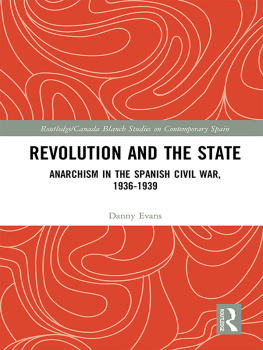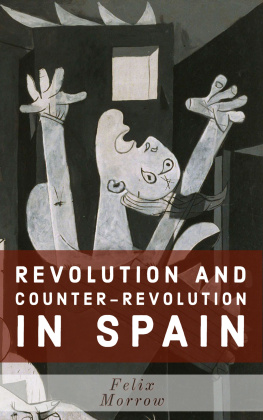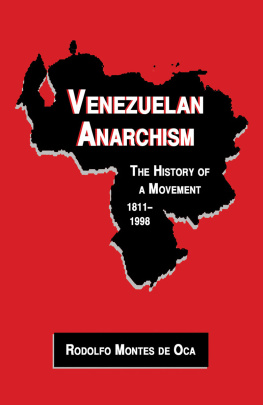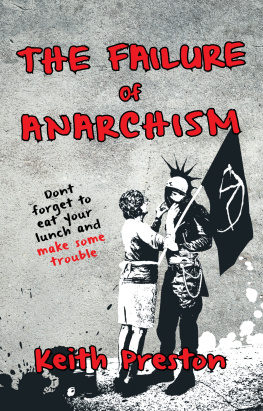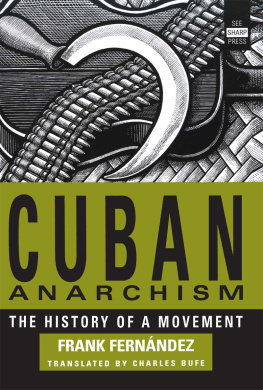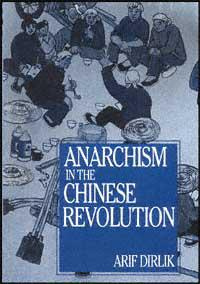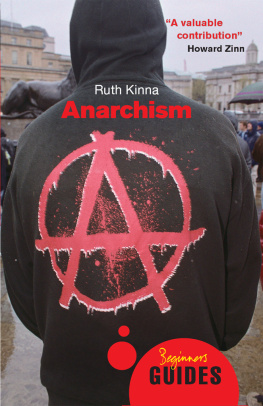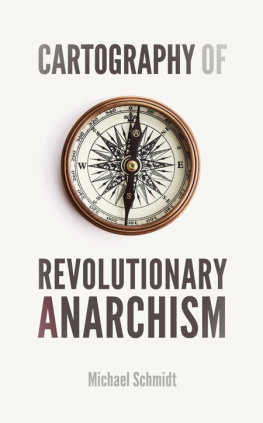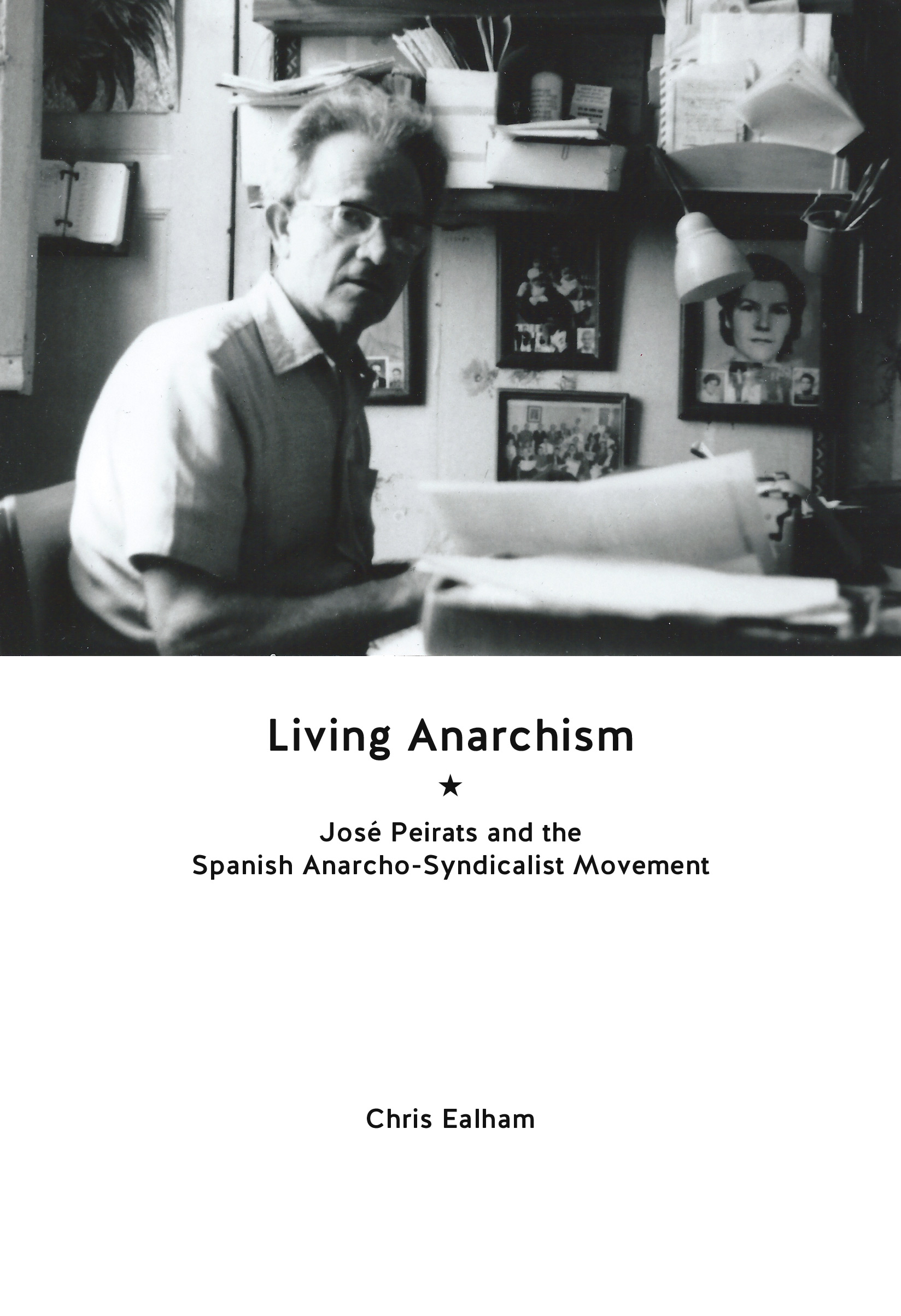For four autodidacts: Gracia Ventura, a living example of human warmth; and Ornette Coleman, Charlie Mingus, and Gil Scott-Heron, musical geniuses and, in their different ways, revolu tionaries.
Introduction
There are men who struggle for a day and they are good.
There are men who struggle for a year and they are better.
There are men who struggle many years, and they are better still.
But there are those who struggle all their lives:
These are the indispensable ones.
Bertolt Brecht
This is a study of the life of Jos Peirats, of the human foundations of the anarchist movement, and of its twentieth-century history. It is then a study of the affective ties of kinship, friendship, and community that cemented this movement, the most powerful of its type in the world. It charts how the anarchists put into practice their core values of solidarity and mutual aid and the challenges they faced before and during the Second Republic, how they attempted the revolutionary transformation of society during the civil war, and how their plans were disrupted by exile during the dark night of Francoist repression; and, later, how they struggled to adjust to the new circumstances brought forth by the democratic dawn of the 1970s. Therefore, as well as the life history of an individual, this is a biography of a collective agent the working class into which Peirats was born; it is a case study of the profound osmosis between the most radical section of the working class and the anarcho-syndicalist Confederacin Nacional del Trabajo (CNT National Confederation of Labour), a linkage that ensured that the life histories of cenetistas were inseparable from the organisational history of their trade union.
For Peiratss generation, the Generation of 36, who rose up against the injustices of Spanish society, the contours and vicissitudes of their lives were inextricably bound up with their activism. For this reason, anarchist and anarcho-syndicalist history is inseparable from Peiratss biography his life was intimately and enduringly tied to his revolutionary stance, to the commitments that flowed from his subversive thought, and to the conflicts into which he was drawn. As Peirats noted in a letter to a comrade in 1970, at the age of sixty-two: Ive done almost everything in the CNT: Ive organised strikes, organised workers, spoken in assemblies, meetings, and given conferences, written articles, attended congresses, used pistols, and, sometimes, explosives; Ive been in jail and collected lawsuits, mainly for libellous press articles [ delitos de imprenta ]. I know what it means to be naked and take a beating in a police station. I was the only secretary of the CNT in exile to enter Spain clandestinely when they were still shooting people. In short, his was a life of subversion and adventure, of permanent resistance to all authority due to his enduring commitment to the cause of the oppressed.
A biography of a figure like Peirats perforce means the reclamation of the historical memory of organised anarchism and its role in the twentieth century. My approach reflects the so-called particularist perspective on social movements, which is concerned with the individual motivations and socialisation process of those who make up the movement and which focuses on biography and collective biography as a means of teasing out the meaning of movement membership for the individual. Such an approach will doubtless be judged by some as hagiography (an irony as I write as an English-born historian and Peirats was scornful of both the English in general and of professional historians in particular). For some historians, my approach will be dismissed as militant history. These paragons of equitableness who triumphantly lay claim to a more objective posture by virtue of having a position removed from what they designate as the extremes of the political spectrum are either nave or disingenuous, or both. Behind their claim of objectivity, those who criticise the history of the dispossessed as militant history merrily ignore their own ideological baggage and positionality, all too often hypocritically retaining a blatantly partisan defence of specific political positions, be it a militant attachment to social democracy, liberalism, or, in some cases, nostalgia for F rancoism.
I recognise unashamedly that there are many aspects of Peiratss life that I find admirable. His lifelong struggle in the face of huge adversity to transcend the cultural deficit imposed on him from birth is just an example. I had first-hand experience of this in the hierarchical British society into which I was born. I was the first member of my extended family to set foot in a university. Schooled within a highly stratified British state education system, I bucked the trend among my classmates and was the solitary pupil in my school year to go on to university in Thatchers highly polarise d Britain.
Peirats was a humble man and, despite suffering significant health problems from infancy, he was a passionate and energetic fighter until the last of his eighty-one years. Similarly, whether we agree with his ideals or not, Peiratss tenacious defence of his beliefs and his readiness to risk his life and liberty in the pursuit of a collective project that he believed would benefit humanity strikes me as eminently laudable. Unsurprisingly, the sacrifices and tribulations of the dispossessed will prove elusive and unintelligible to those critics who fail to see beyond their own sense of privilege and s nobbery.
I do not wish to suggest that Peirats was a perfect individual or that he was a flawless anarchist. Like all human beings, he had his defects, his outbursts of rancour at times, in debates, he could be abrupt. As an anarchist thinker, he did not evolve massively in the course of his life; for instance, there is little evidence he truly embraced the New Left currents of the 1960s. So, while he was a lifelong defender of freedom, his views on homosexuality or feminism did not reflect the growing awareness of distinctive patterns of oppression. Yet, while being critical at times, my aim is not to berate a dead man for this or that foible but to understand what motivated Peirats and how the range of social, personal, political, organisational, cultural, and economic forces shaped and constrained his behaviour and his thinking.


